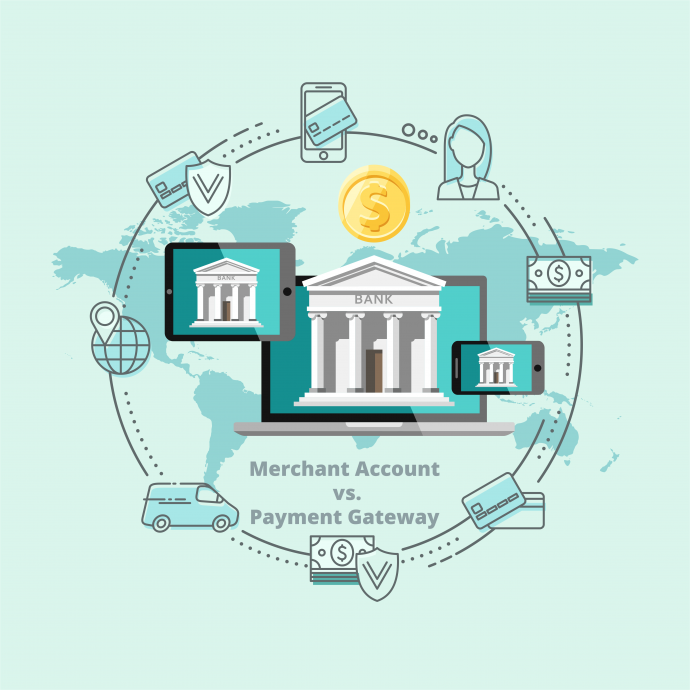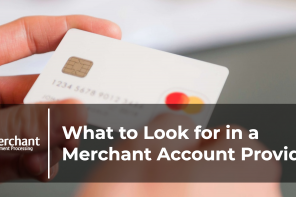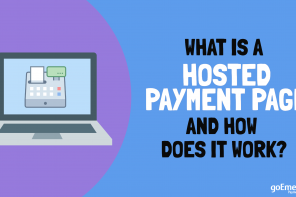A merchant account is a bank account specifically designed for the deposit of funds within an electronic payment transaction, providing a secure way to reconcile merchants’ funds from successful sales. All approved payments are paid out through your merchant account – the last destination before funds get transferred to your regular business bank account. Your merchant account gets linked to a designated business bank account so that later you can withdraw what you’ve collected.
The merchant account is also a contractual agreement between you as a merchant and the bank or financial institution that processes the credit and or debit card payments for your products or services. This key part of electronic payment processing requires an underwriting process, unlike many third party processing services such as PayPal.
Merchant Account Advantages
Obtaining a merchant account to accept credit cards can seem like a confusing process —but it’s actually quite simple and offers many distinct advantages over third party payment processing service providers, including the following benefits:
- Faster payments
- Cost effectiveness
- Customers never leave your website to make a purchase
- Higher level of customer service
- Greater flexibility
A virtual merchant account (sometimes called an Internet merchant account) is different than a merchant account. It is an alternative to the physical point-of-sale (POS) payment processing commonly used in restaurants and retail markets. It lets merchants accept credit cards, PIN debit cards and ACH checks through any Internet connection without the need for a physical terminal. Internet merchant accounts combined with a website, a virtual shopping cart and a payment gateway form the foundation of an e-commerce website.
A payment gateway is a remotely-hosted software application and payment processing system that enables you to accept credit, debit and other alternative payments online for your business or organization. It’s used for facilitating online transactions and helping them get approved through any Internet connection, with no credit card terminal needed.
The payment gateway is the intermediary between the payment portal — such as a website or mobile phone — and the card processor that ensures customer data is encrypted and secure. The payment gateway is the first place the transaction goes when a customer submits an order online. The transaction flows through the payment gateway, to the payments ecosystem, and if approved, the payment will eventually make its way into the merchant account.
Which Solution Is Right For Me?
With a payment gateway, transactions can occur either via a hosted page, API, or an integrated shopping cart as explained below. We’ve also made some suggestions on which solution can make the most sense for your business.
Hosted Payment Page: A secure hosted page online is a quick and efficient payment processing solution designed to reduce the merchant’s burden of Payment Card Industry (PCI) compliance. The payment form is hosted on a secure server visited by the customer who enters payment information and the payment is processed. The merchant receives payment confirmation and other information and then receives payment without storing any sensitive card information.
- Ideal for small merchants with little-to-no developer resources and/or those who may not be PCI compliant. They gain a customized, rapidly-deployed, secure, PCI Data Security Standard (DSS) compliant and scalable e-commerce solution for accepting credit card payments.
API: A web API is an application programming interface (API) for either a web server or a web browser. It is a set of routines, protocols, and tools for building software applications. APIs may enable businesses to accept and manage online payments for online or mobile payments plus value-added services like tokenization, recurring billing, multi-MID and more.
- Perfect for the merchant that wants full control over the user experience and design of their checkout pages. GoEmerchant offers developers a variety of toolkits, code, testing and phone support to ensure a seamless transfer of knowledge.
Integrated Shopping Cart: Integrated ecommerce shopping carts offer multiple payment options which can boost sales. They can provide data and analysis to track sales trends and deliver visitor insight. Features such as Recently Viewed Items, Quick View, and Quick Cart can increase conversions and improve the shopping experience. Additional design and marketing tools such as Daily Deals, Coupons & Discounts and more, can help you quickly move inventory and generate new traffic. Search Engine Optimization (SEO) tools can help you move your site to the top of the search engine results pages.
- Best for small businesses building or already hosting their own secure websites and have technical expertise in-house to configure and manage its ecommerce operations. It’s a suitable option for business owners who want total control.




